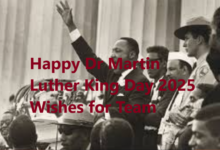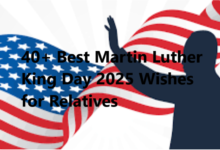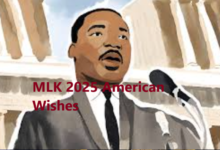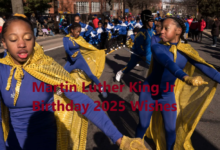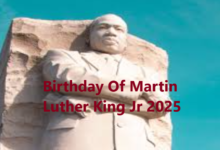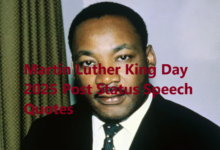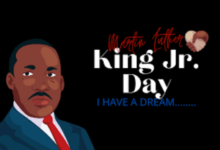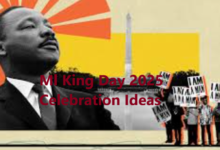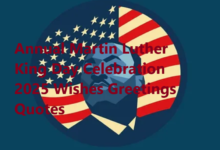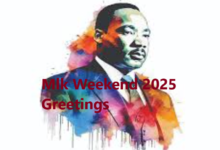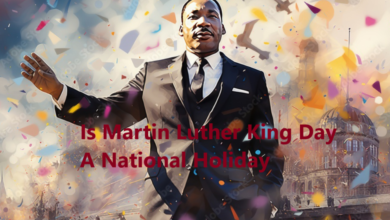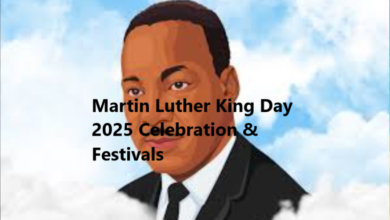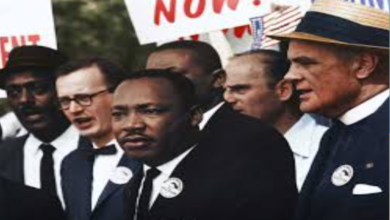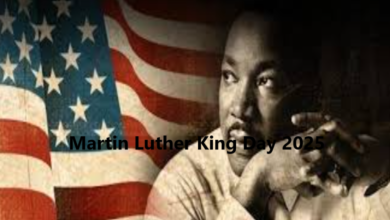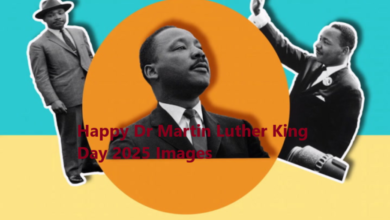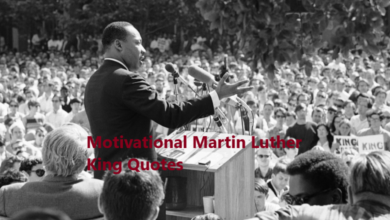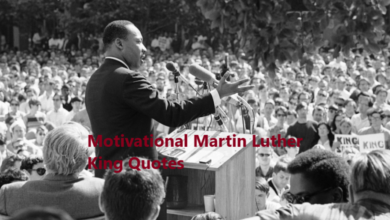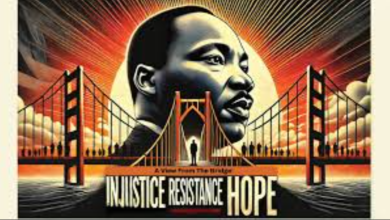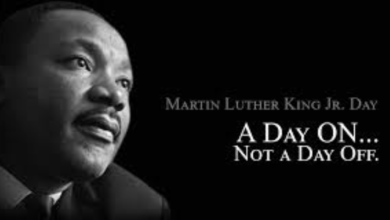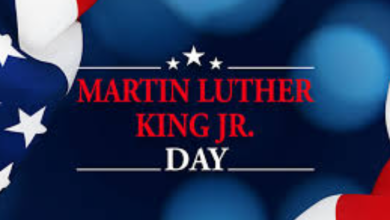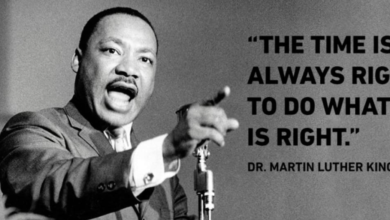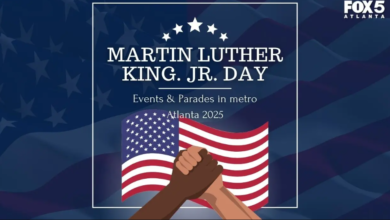First Martin Luther King Day
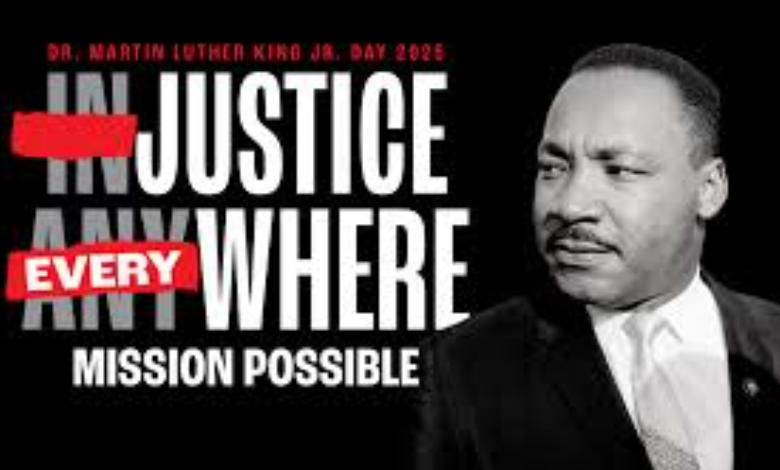
Martin Luther King Jr. Day is now an essential part of American life—a day to honor the legacy of a man who championed civil rights, justice, and equality. But have you ever wondered how it all began? What did the first Martin Luther King Day look like, and what steps led to its establishment?
This post will walk you through the history behind this federal holiday, share how people celebrated it for the first time, and explore what it symbolizes to this day.
The Journey to Establishing Martin Luther King Jr. Day
Martin Luther King Jr. was a towering figure in the Civil Rights Movement of the 1950s and 1960s. Known for his commitment to nonviolence and his riveting “I Have a Dream” speech, King fought tirelessly against racial inequality. His assassination on April 4, 1968, left the nation reeling and inspired a push to honor his legacy in a lasting way.
But creating a national holiday to commemorate Dr. King didn’t happen overnight. It took years of campaigning, advocacy, and perseverance. Politicians, civil rights activists, and ordinary citizens all played a role in turning the day into reality.
Key Milestones in Establishing the Holiday
- The First Petition
Following King’s assassination, calls for a holiday in his honor began almost immediately. Congressman John Conyers, a Democrat from Michigan, introduced a bill to establish Martin Luther King Jr. Day just four days after King’s death.
- The King Center’s Influence
Coretta Scott King, Martin Luther King Jr.’s widow, played a pivotal role in campaigning for the holiday. She founded The Martin Luther King Jr. Center for Nonviolent Social Change in 1968 and used its platform to gather petition signatures and mobilize support.
- Stevie Wonder’s Contribution
Music icon Stevie Wonder was an essential player in raising awareness. His seminal 1980 song, “Happy Birthday,” was written to honor Dr. King and served as a rallying cry to push for the holiday.
- Legislative Challenges
The bill faced significant opposition in Congress for years. Some lawmakers argued against adding a federal holiday, citing economic concerns over giving workers another paid day off.
- The Final Push
After years of debate, President Ronald Reagan signed the legislation into law on November 2, 1983, declaring the third Monday of every January Martin Luther King Jr. Day, beginning in 1986.
The First Martin Luther King Jr. Day in 1986
The first official Martin Luther King Jr. Day was observed on January 20, 1986. Businesses, government offices, and schools across the nation recognized the occasion, although not without some resistance. Several states, including Arizona and New Hampshire, initially refrained from observing the holiday, creating a long road toward universal recognition.
How Was It Celebrated?
Here’s a glimpse into how people marked the historic day of remembrance and celebration in 1986.
1. National Parade in Atlanta
A major parade took place in Atlanta, Georgia—Dr. King’s hometown. Thousands gathered to honor his legacy with musical performances, speeches, and a grand procession featuring floats and civic organizations.
2. A Nationwide Call for Service
Although the concept of a Day of Service would officially emerge later, many people in 1986 marked MLK Day by attending educational programs, volunteering, and participating in community initiatives. This mirrored Dr. King’s call to serve others and uplift communities.
3. Church Services and Tribute Events
Churches nationwide organized special services to honor Dr. King and his commitment to peace and justice. These services included prayers reflecting his Christian faith and speeches echoing King’s timeless messages.
4. Speeches by National Leaders
Political figures and civil rights leaders delivered impassioned speeches emphasizing the relevance of King’s work. Then-President Ronald Reagan gave a televised address commemorating the holiday, reflecting on King’s profound influence on American history.
Controversy and Resistance
Despite the momentous celebrations, the first Martin Luther King Jr. Day was not without controversy. Certain states, particularly in the South, were slow to adopt the holiday. Arizona’s initial refusal to honor MLK Day, for example, led to significant backlash, including a widespread boycott and Stevie Wonder’s refusal to perform in the state—a stance echoed by companies and sports organizations.
Over time, pressure mounted for full recognition, and by 2000, all 50 states officially observed the holiday.
The Legacy of Martin Luther King Jr. Day
MLK Day has evolved into more than just a day off. For many, it’s a Day of Service, inspiring Americans to give back to their communities through volunteering and civic engagement. The holiday serves as a reminder of Dr. King’s enduring lessons of equality, justice, and hope—and the work that still needs to be done to achieve his vision.
